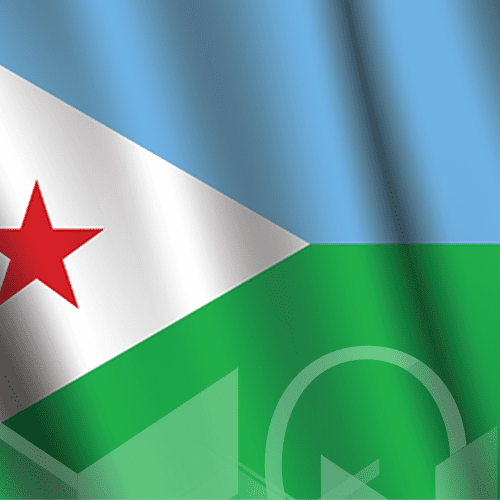
Filter
Sample Reports
Related Links
Djibouti
Djibouti is a small strategically-located country on the northeast coast of the Horn of Africa and separates the Red Sea from the Gulf of Aden. It has a land mass of 23,200km², a population of 1.1 million people and a GDP of US$3.7bn. GDP is projected to reach US$3.95bn in 2024 and US$ 4.23bn in 2025.
Real GDP growth fell to 3.7% in 2022 from 4.8% in 2021 due to reduced port traffic attributable to the Tigray war and lower public investment. In 2022, the socioeconomic impacts of the pandemic eased, and inflation rose to 5.3% from 1.2% in 2021, due mainly to higher food prices. Expansionist monetary policy aims to support economic activity and counteract the impact of numerous external shocks.
Public debt fell from 74.1% of GDP in 2021 to 71.6% in 2022 and foreign exchange reserves were an estimated three months of import cover in 2022. Although the banking sector remains stable and liquid, performance was mixed in 2022, with deposit withdrawals and a resumption in bank financing.
The poverty rate fell from 16.9% in 2021 to 16.5% in 2022, and with peace returning to Ethiopia, Djibouti’s medium term economic outlook is favourable. GDP is projected to grow 5.4% in 2023 and 6.5% in 2024, and inflation is projected to drop to 3% on average over 2023 and 2024.
Sources: Who Owns Whom sector reports, CIA Factbook, African Development Bank, World Bank, Trading Economics, African Statistical Yearbook and IMF. ?>
Company Profile
There is no data available at the moment
Sector Research
There is no data available at the moment


